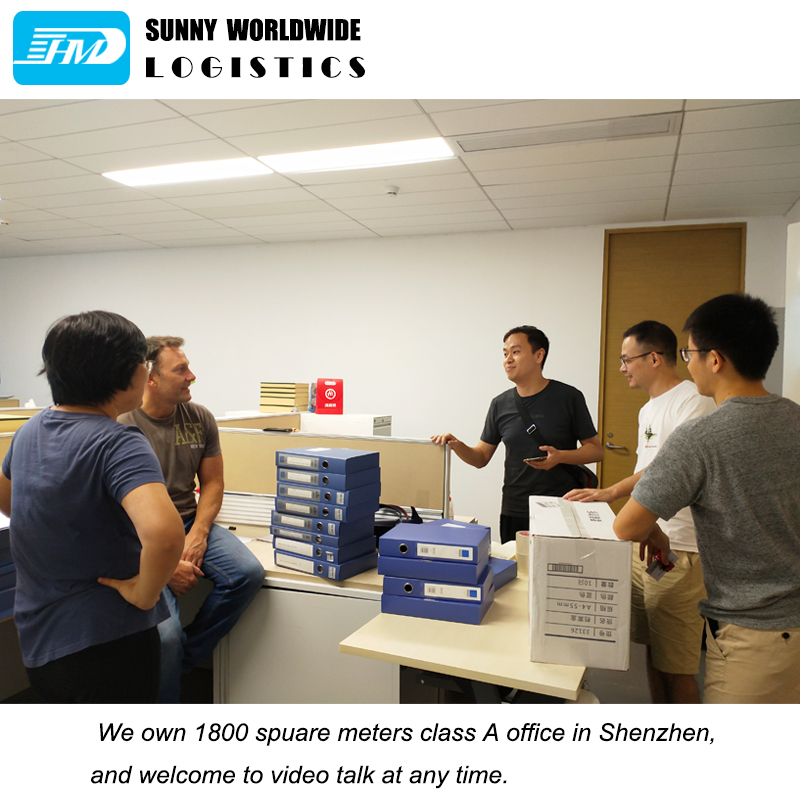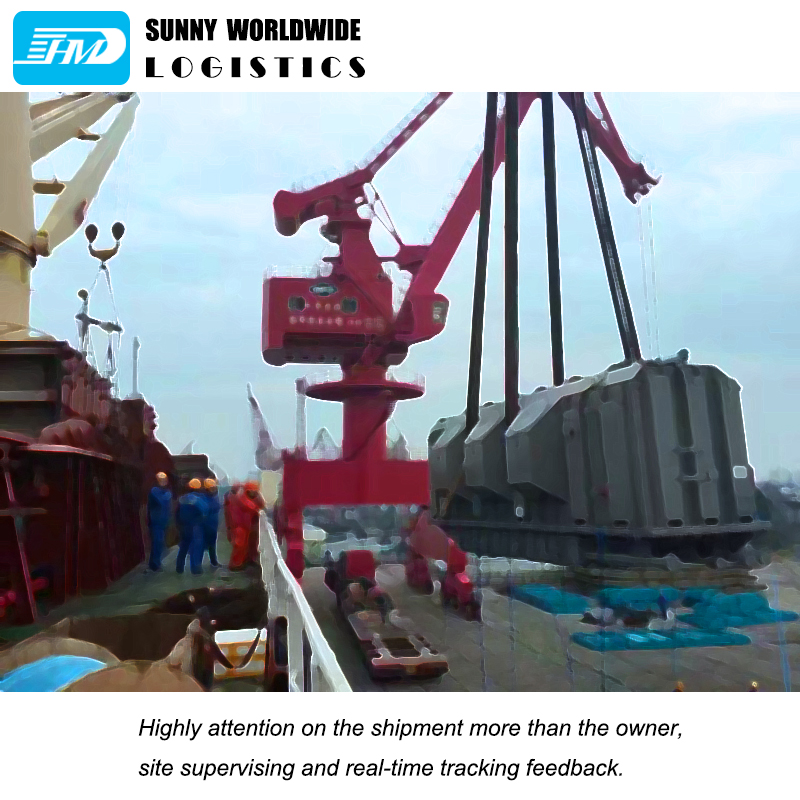What if the goods are deducted by the destination port customs?
- Author:MIKEY
- Source:Sunny Worldwide Logistics
- Release Date:2019-09-26
Case 1
A company in Shanghai exported containers to Saudi Arabia. The invoices only showed the value of the products and the names of the products. Because there were only 2 other items, the inspection and SASO were time-consuming and laborious. The company did not show the documents, but the goods arrived. The port of destination was inspected and detained.
analysis
It is important to know the customs clearance requirements of the destination port in advance before exporting. Test reports, bills, invoices, and other test certificates must be consistent. And Saudi Arabia requires SASO certification, but also adopts the inspection mode to avoid reporting false reports.If the goods are to be delivered smoothly at the port of destination, they must comply with the local customs standards. The procedures must be standardized and complete. They must be consistent and do not have any luck. Otherwise, the goods are likely to be directly seized by the customs and destroyed in serious cases.
Case 2
A company in Tianjin shipped to Antwerp. After arriving in Hong Kong, the goods were detained by the customs. The reason was that there was no sign of CE certification and there was no tag. It took three months for the customer to ask for a return at the port, which was very expensive.
analysis
Such refund shipping costs are generally not borne by the customer, and the fee is subject to the negotiation of the interest relationship between the buyer and the seller. Even if it is returned, it will incur a lot of expenses, and it is not a return of quality problems. Customs requires import taxes for general trade imports, so it is best to consider other methods to solve them locally. Measure the value of the goods and the costs incurred. If the value of the goods is low, you can request customs auctions to avoid more cost losses.
Case 3
After a batch of goods worth $200,000 from a company in Qingdao arrived at the port of destination, the consignee refused to pay for the goods. After contacting the relevant party to return the goods and have paid the customs clearance fee, they were told that the goods were auctioned by the customs. The company suffered a double loss in payment.
analysis
If there is a situation in the destination port where the consignee has abandoned the goods/unmanned delivery/transportation port, the owner should arrange the handling of the goods as soon as possible to avoid the loss caused by the disposal of the goods by the third party. At the same time, avoid the detention of the port of destination and the demurrage. The cost is generated and expanded, resulting in additional losses in addition to the cost of the goods.

Why does the Customs have to seize the goods?
The declared value and valuation are inconsistent.
The product name does not match the product.
The packing list is not available.
The quantity does not match.
Consignee conditions are not allowed. (No import and export rights, etc.).
Some special policies prescribed by the local customs.
What if the goods are deducted?
1. Contact the customer in the first timeIf the goods are deducted by the destination port customs, you should contact the customer for the first time to discuss the solution. It is best to let the destination port customers assist in customs clearance, avoid expanding commercial disputes, affecting reputation and follow-up cooperation.
2. Contact the customs broker in timeAfter the goods are detained, the customs usually issues a notice. It is necessary to carefully read the contents of the notice, pay attention to where the problem lies, and then notify the customs broker in time.
3. Accurately respond to customs and provide sufficient evidenceThe Customs will give a certain amount of time to prepare the documents and materials to be provided after the notice is given. These must be clearly seen and should be replied within the time specified in the notice. If you want to reply to the customs by yourself, you should send the information to the customs through the customs broker with the cooperation of the customs broker.
4. Perform Customs processing decisions
1) Due to the low value of the declared goods, the goods will be taken out from the customs after the customs duties are paid.
2) Deduction of goods with incomplete procedures, such as personal import, the customs requires import rights, and the company that has the right to sell is responsible for customs clearance.
3) If it is necessary to complete the relevant certification procedures, provide the early delivery as soon as possible, but if it is not available, it will not be cleared.
4) You can apply for customs return to the customs. According to international practice, goods that cannot be cleared can be returned to the place of delivery or a third-party trading port.Customs will decide whether to release according to the actual situation. In most cases, the goods can be released. If the customs release, the goods will be shipped to the place of the importer; if the customs decides to destroy, the goods will be destroyed directly;
If the customs decides to return the goods, then the freight and Chinese customs import fees will also be charged. In the latter two cases, the losses are relatively large.
Therefore, in order to avoid the passive situation and the loss of goods after deduction, we must understand the customs requirements of the destination port before delivery, do a good job of inspection and preparation, ensure that the goods meet the import requirements, and reduce the deduction as much as possible. The chance to avoid losses as much as possible.

So how to avoid international shipping being detained by customs?
First of all, accurately fill in the declared value, because the difference between the declared value and the valuation is the most likely to cause customs clearance, so we should try to keep the declared value consistent with the valuation. In order to prevent the goods from being detained, the consignor can appropriately write down the declared value, because once the goods are detained by the customs, the customs clearance fee is calculated according to a certain proportion of the declared value. The lower the declared value, the lower the customs clearance fee; the more the declared value High, the higher the customs clearance fee.
Secondly, the item packing list should be detailed, the quantity of the goods, the unit price, the total price, the currency must be clearly written, as well as the material, name, purpose, composition and parts of the goods to be marked.
In addition, it should be noted that Customs generally checks for heavyweight goods and valuables. Therefore, when shipping these items internationally, we must be very careful and cautious. Once they have made a big deal, they will be checked.
At the same time, the policies of different countries are different, and the customs clearance conditions for international shipping are also different. Therefore, we must have an understanding of the customs clearance policies of various countries, and we must know each other and win every battle!
However, the above is only a reduction in the probability of customs deductions, and it is impossible to completely avoid them. However, as long as the operation is carried out in accordance with customs regulations, there is no need to worry about the inspection.
(Source: Logistics Baba, for reference only)
MIKEY
Time: September 26, 2019
Tel: +86-755-25643420 - 620
Mobile/WeChat:17722618609
QQ: 3004940572
Email : sales22@swwlogistics.com .cn
